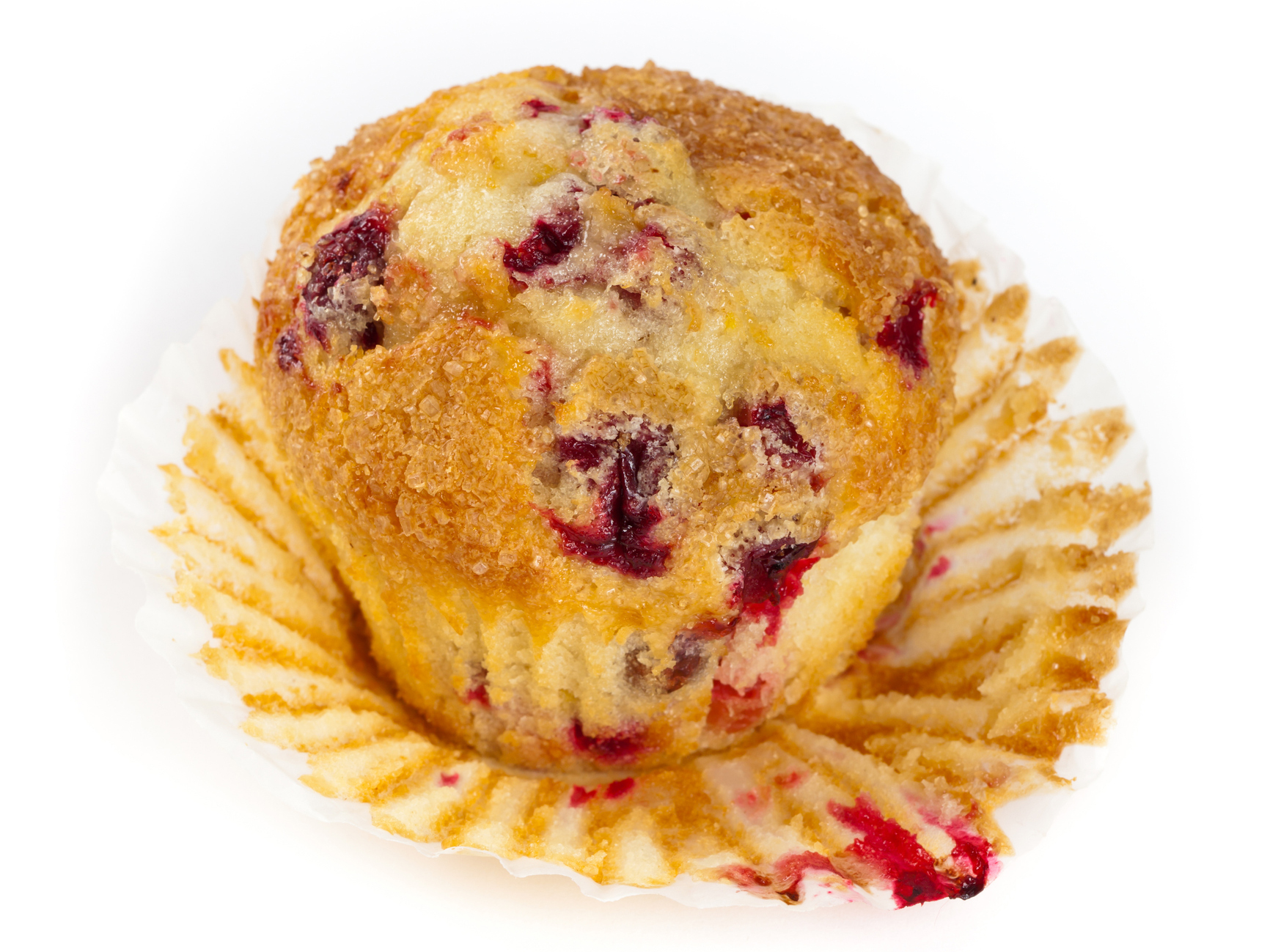Get Easy Health Digest™ in your inbox and don’t miss a thing when you subscribe today. Plus, get the free bonus report, Mother Nature’s Tips, Tricks and Remedies for Cholesterol, Blood Pressure & Blood Sugar as my way of saying welcome to the community!
Cranberries found to disarm superbugs and make antibiotics more effective

The World Health Organization reports that antibiotic resistance is one of the biggest threats to global health and food security today.
Cranberry juice is perhaps best known as a way to prevent the misery of a urinary tract infection, or UTI.
Now, a Canadian study has shown that the mighty berry may also hold an answer to the crisis of antibiotic resistance.
How cranberries can help stop superbugs
Because of our frequent and sometimes indiscriminate use of antibiotics, antibiotic-resistant superbugs have spread. These infection-causing bacteria are immune to the effects of our best and strongest antibiotics.
Common illnesses like urinary tract infections and pneumonia are becoming untreatable as more and more of these resistant “superbugs” develop.
A new Canadian study has discovered that cranberries may hold the key to preventing antibiotic resistance.
Nathalie Tufenkji, a professor of chemical engineering at McGill University, led the study which found that cranberries can make bacteria more sensitive to antibiotics.
Prof. Tufenkji and her team applied cranberry extract to cultures of bacteria that cause UTIs, pneumonia, and gastroenteritis. The bacteria became more sensitive to antibiotics in two ways.
First, it made it easier for antibiotics to enter the bacteria by making the membrane more permeable. Second, the cranberry extract disrupted the mechanism that bacteria use to eliminate the antibiotic.
Naturally, Prof. Tufenkji and are her team are extremely excited by this discovery.
“Normally, when we treat bacteria with an antibiotic in the lab, the bacteria eventually acquire resistance over time. But when we simultaneously treated the bacteria with an antibiotic and the cranberry extract, no resistance developed.
“We are eager to pursue this research further. Our hope is to reduce the doses of antibiotics required in human and veterinary medicine as part of efforts to combat antibiotic resistance.”
In other words, cranberries may hold the key to cutting back on our use of antibiotics by making them work better and decreasing the development of resistant strains of bacteria.
Other good reasons to eat more cranberries
Even if you’re not prone to UTIs, adding cranberries (try them dried) and cranberry juice to your diet is a great idea. They’re rich in vitamin C and are right up there with blueberries when it comes to antioxidant power.
Just make sure you’re drinking 100% juice, not cranberry juice “drink” that contains loads of sugar.
Other health benefits of cranberries include:
- Improved digestion. A cup of cranberries has more than five grams of fiber. Getting enough fiber into your diet will do more than keep you regular. It could reduce your risk of colon cancer and help keep your weight under control. People with diabetes who eat more fiber tend to need less insulin.
- Reduced risk of cardiovascular disease. A review of studies found that eating cranberries can help manage systolic blood pressure and body mass index (BMI), both of which, if elevated, are considered risk factors for heart disease.
- Cancer prevention. Lab studies with cancer cells in test tubes have shown that the compounds in cranberries triggered the death of cancer cells, slowed their growth, and reduced inflammation.
- Dental health. Biologists at the University of Rochester Medical Center found that cranberry juice prevents cavity-causing bacteria from sticking to teeth, much as it helps prevent UTIs by keeping bacteria from adhering to the urinary tract.
Sources:
- Study: Cranberry extract can help stop antibiotic resistance — Herbs News
- How cranberries may curb the antibiotic resistance crisis — Medical News Today
- Proanthocyanidin Interferes with Intrinsic Antibiotic Resistance Mechanisms of Gram‐Negative Bacteria — Advanced Science
- The effects of cranberry on cardiovascular metabolic risk factors: A systematic review and meta-analysis — The American Journal of Clinical Nutrition
- Give Thanks for the Cranberry, Say Dental Researchers — University of Rochester Medical Center













